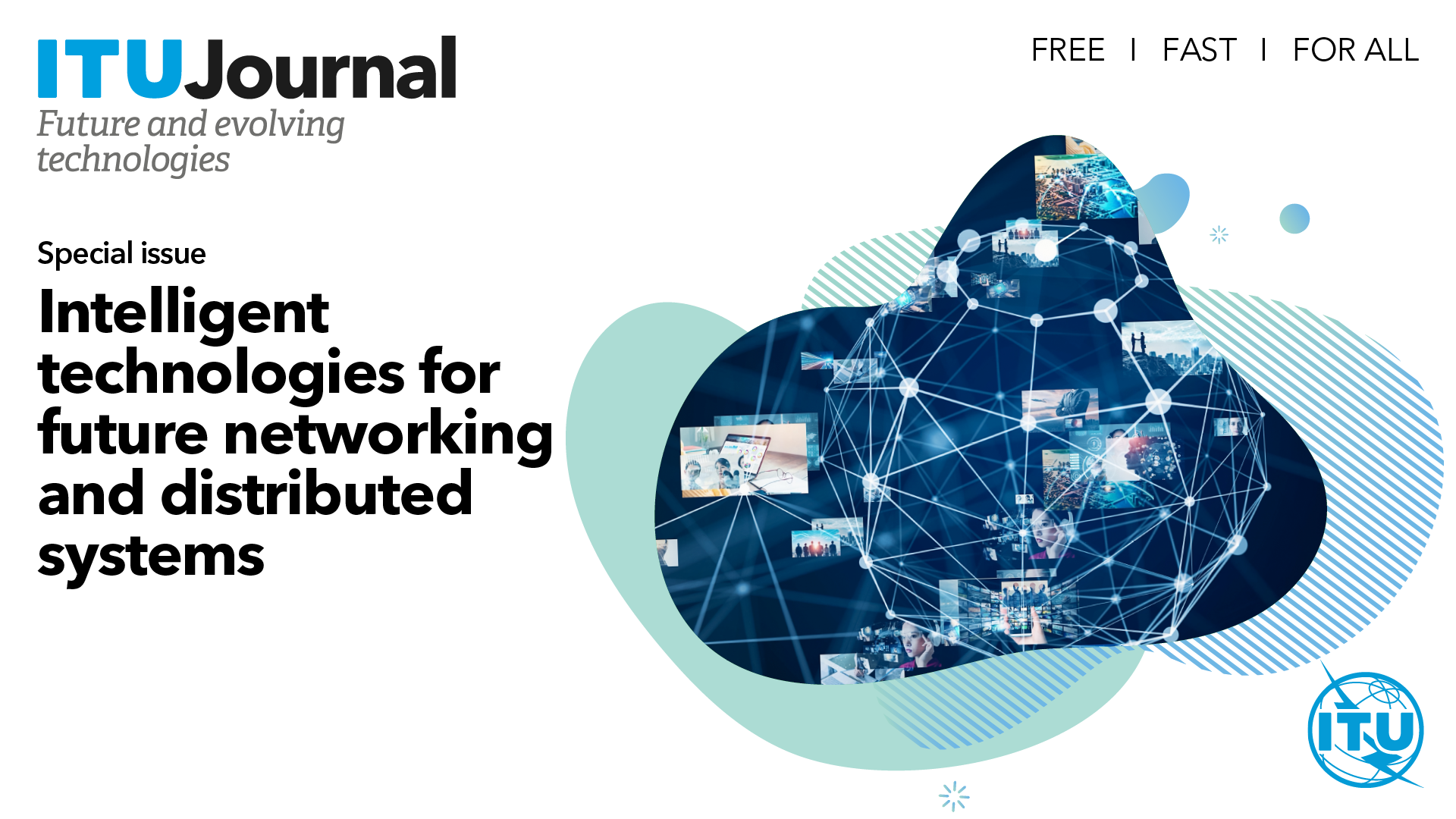
Theme
Computer networks and distributed systems have been evolving quickly over the decades, mainly caused by the onset of the Internet. In recent years, the most significant advances in these areas have been due to the introduction of intelligent systems relying on data mining, machine learning, deep learning or computational intelligence techniques. The use of artificial intelligence in the Internet infrastructure and applications has become widespread, representing both a potential and a challenge for this area. From programmable data planes at the very bottom of the networking stack to applications such as online social networks, intelligent techniques have influenced how researchers understand the challenges and bridge the gap to provide adequate solutions for them. Machine/deep learning techniques are at the core of solutions for 5G/6G networks, IoT and fog/edge computing, network management, security, privacy and blockchain solutions, network softwarization and virtualization, smart applications (cities, agriculture, industry, healthcare), social networking and vehicular/robotic/drones networking.
On the other hand, adopting complex and computationally intensive intelligent techniques has frequently been the first alternative, ignoring old or new solutions that are simpler in concept, design, implementation and operation. These days, not using any sort of artificial intelligence technique in a study may appear as a demerit for the proposal. This misconception is not only deleterious to the evolution of networking and distributed systems, blocking potential contributions to the generation of knowledge beyond the current state of the art, but also goes against the scientific method's core beliefs.
Therefore, this special issue seeks contributions that propose and evaluate intelligent techniques for networking and distributed systems, as well as encouraging a thorough discussion of the advantages and disadvantages of these solutions, addressing the trade-offs involved in their adoption.
Keywords
5G/6G networks, big data, artificial intelligence, Internet, machine learning
Tracks
- Wireless and mobile networks
- Network softwarization and virtualization
- Internet of Things
- Social networking
- Management and performance
- Distributed data models
- Security
- Ad hoc networks
Prospective authors are cordially invited to submit their original manuscript on
the suggested topics listed in the FULL call for papers.
Leading Guest Editor
Guest Editors